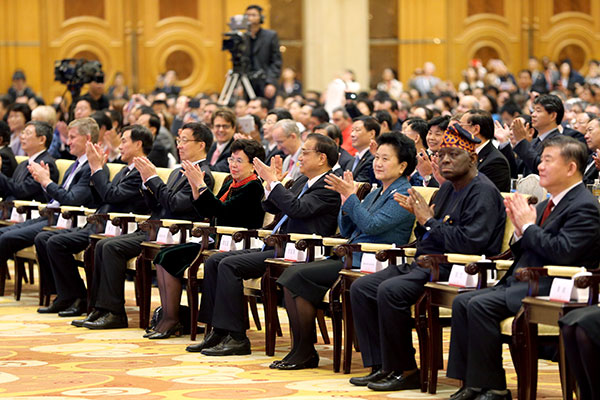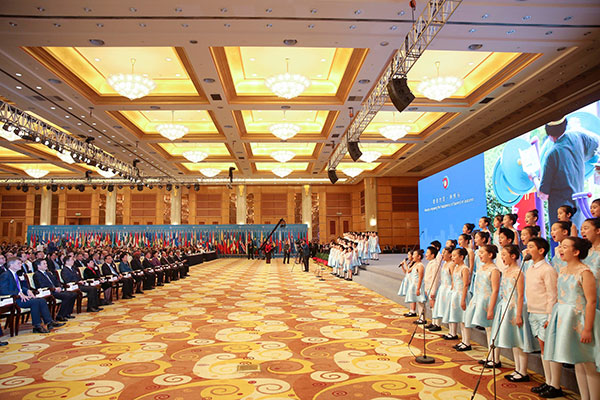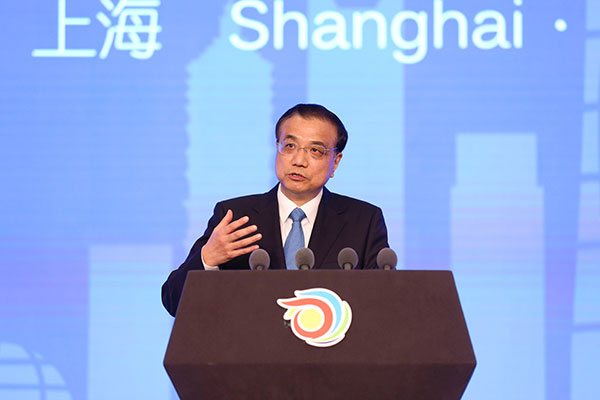
The Chinese government will put healthcare at the top of its agenda and continue to promote reform in the medical and healthcare system, said Premier Li Keqiang while addressing the 9th Global Conference on Health Promotion in Shanghai on Nov 21.
Premier Li said healthcare should be highlighted in making public policies, social-economic plans and government budgets, especially in rural and poor areas.
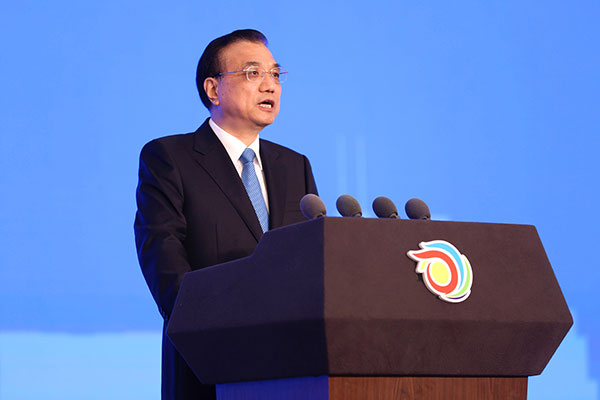
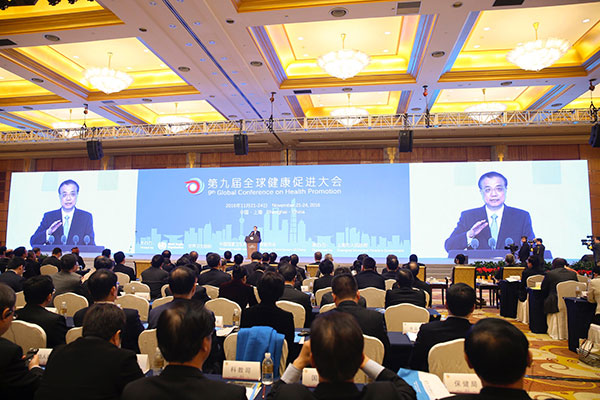
“We should give more support to health services in rural and poor areas, training general practitioners, developing remote medical care and traditional Chinese medicine, and helping the poor with medical insurance,” he said.
He pledged to further reform the healthcare system — including setting up a multi-leveled medical treatment system, integrating medical insurance for urban and rural residents, and setting up a national network for medical insurance information.
In addition, he said China should provide a “cradle-to-grave” medical service, covering people’s whole life span, and encourage the market to develop the health industry.
Since healthcare reform was launched in 2009, China has set up a universal health insurance network for over 1.3 billion people. Now the average life expectancy for Chinese people is 76.3 years, maternal mortality rate is 20.1 per 100,000 — numbers higher than the average for middle-high-income countries. The Chinese government plans to raise average life expectancy to 79 years by 2030, with major health index catching up with high-income countries.
